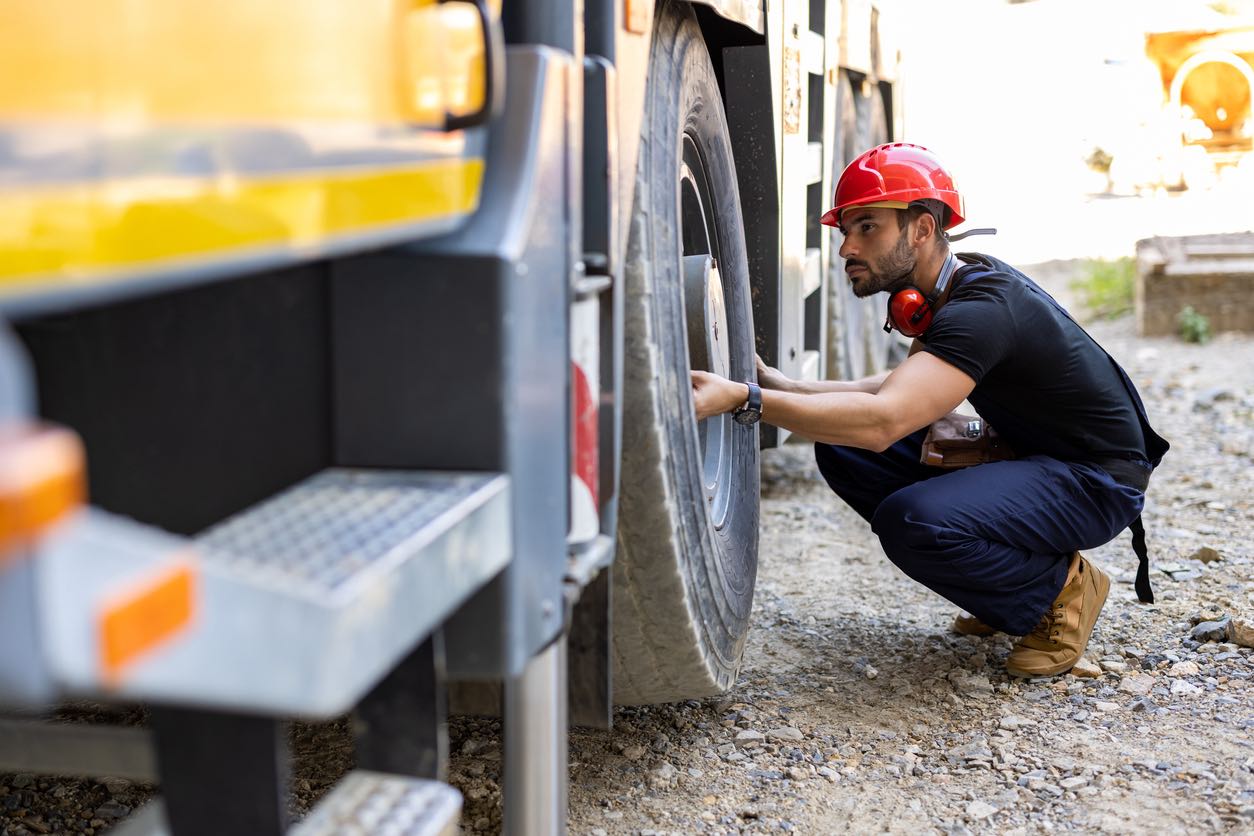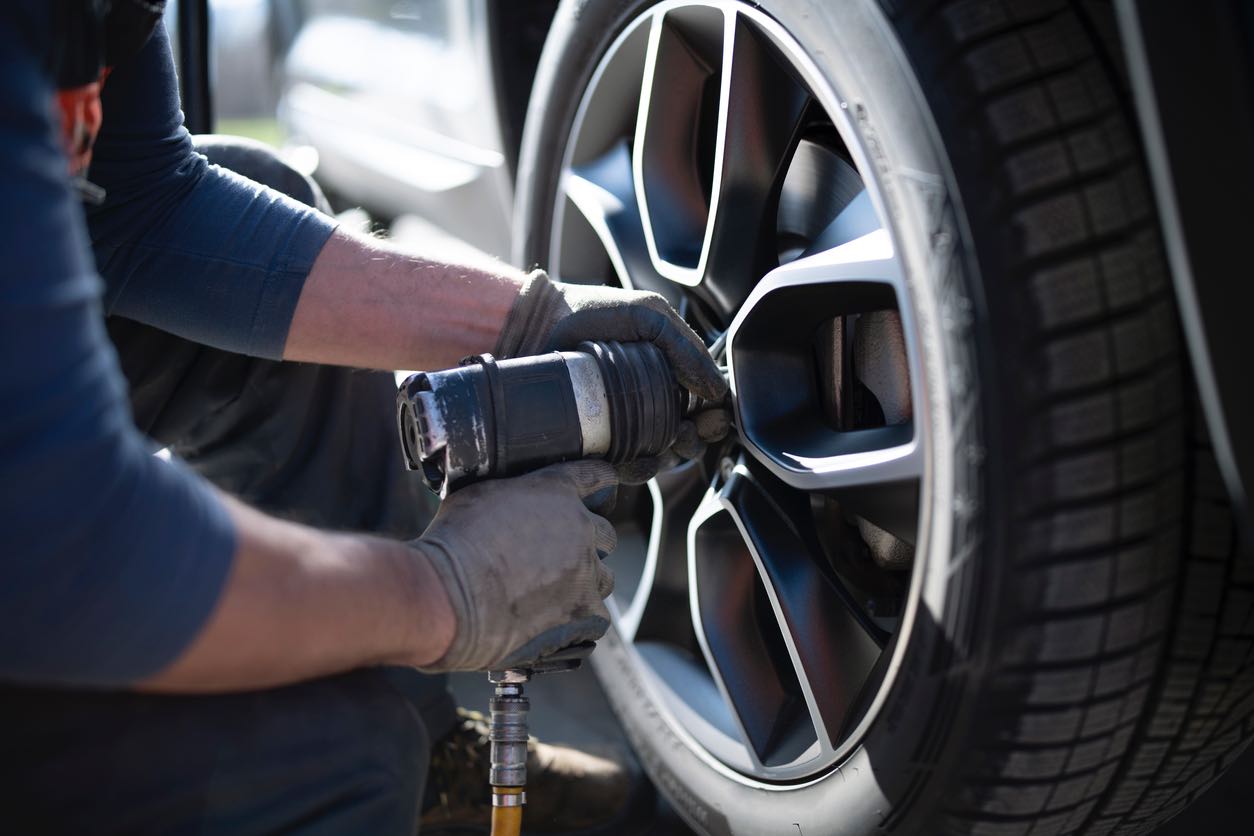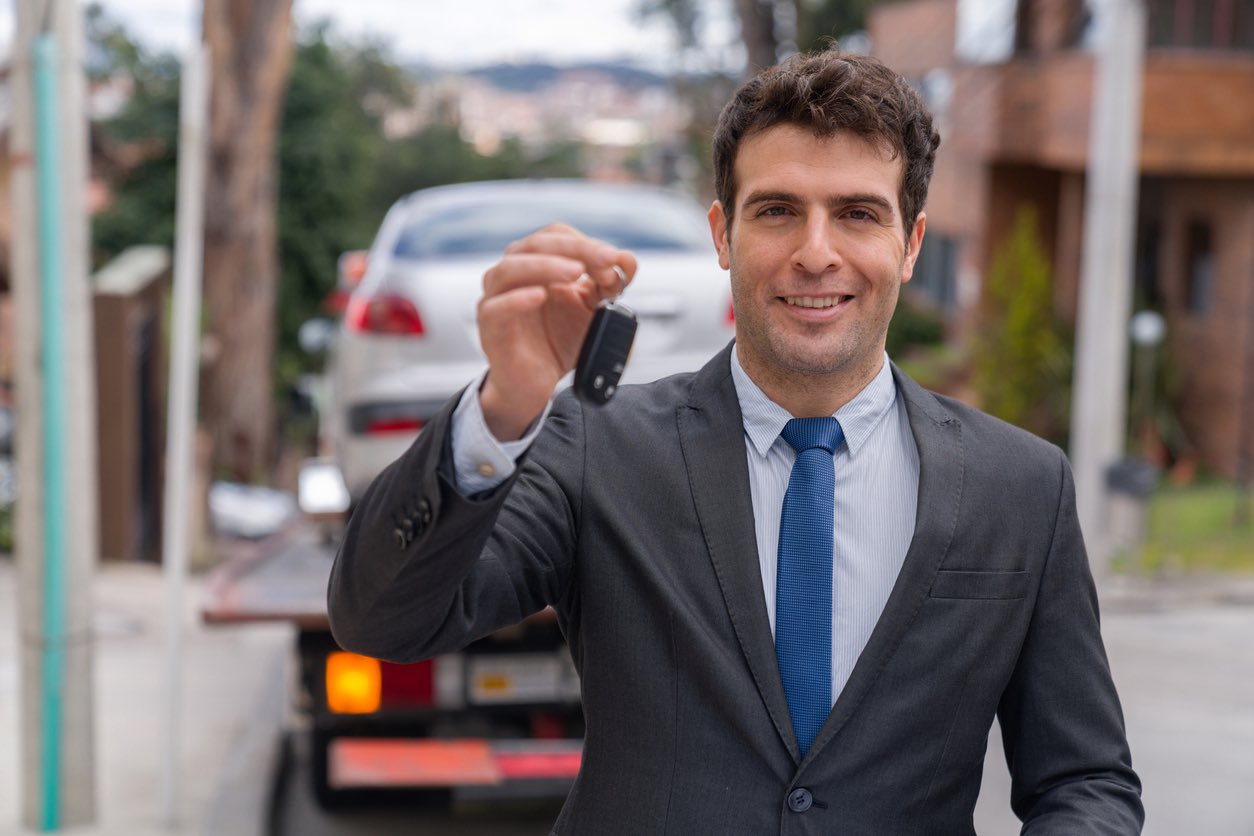Texas’s Burning Legacies Texas, often known as the Lone Star State, has long been associated with expansive vistas, a rich past, and, of course, extreme heat. Texas summers are renowned, with highs sometimes reaching triple digits. Residents have adjusted their habits to deal with the oppressive heat as they have become accustomed to it. Texans have traditionally found methods to cope with the heat, from siestas to sun hats. The recent rise in temperatures has been nothing short of astonishing, even for seasoned Texans.
A New Heat Level The state’s heat reputation has reached previously unheard-of heights as a result of recent incidents. Highways, which were previously simple routes to link cities, are now the scene of a bizarre spectacle: cars rolling with their tires melting. It’s a situation one might anticipate in a dystopian fiction rather than in everyday life. In spite of being built to support the weight and speed of many cars, the asphalt is already failing them, and molten rubber streaks provide a bleak image of the harsh circumstances.
Growing Concerns and Changes This startling occurrence has been a real cause for concern as well as a topic of discourse. The potential for accidents to increase exponentially has huge consequences for safety. As the story spreads, others from outside the area are also concerned. Anyone planned to go on the Texan roadways, including tourists and truck truckers, is suddenly regretting their choice. As a result, there has been an increase in questions concerning vehicle protection, with many people looking for suggestions and options to protect their automobiles from the harsh and unpredictable Texan sun.

Car 1: The Molten Trail A vehicle was seen speeding down the highway, leaving a lava-like path in its wake. Its tires’ weakened rubber left stains on the tarmac as a reminder of the sweltering temperatures.
Car 2: Distorted Reality Once a representation of road vacations and thrills, a family SUV now suffered with deformed tires. Every mile was difficult for them since the heat had made them out of shape.
Car 3: The Friction Factor A sports automobile hit by the twin whammy of friction and heat was cruising down the highway. The more quickly it moved, the more its tires gave up to the heat, which was a risky combination.
Car 4: The Overheated Convertible A convertible looked to be the ideal car for a sunny day with its top down. Its tires, however, revealed a different tale, weakening and melting in the sweltering heat.
Car 5: The Warped Wagon A station wagon, perfect for family vacations, was exposed to the sun’s fury. Every voyage is unpredictable because of the tires’ warping and deformation, which were formerly solid and trustworthy.
The reality of excessive heat is more than just a yearly annoyance in Texas and other places with scorching temperatures; it’s a significant task. People who live in these hot, sunny locations must protect their cars from the intense heat for their own safety as well as the protection of others.

- Planning Your Parking: Where you park is your first line of defense from the sun’s searing beams. Always try to park your vehicle in a covered area or under some shade. However, don’t worry if you find yourself in a place where shade is a premium. Install windshield awnings. By using these inexpensive items, the sun’s effects may be considerably reduced, keeping the interior of your automobile somewhat cool.
- Tire Alertness: The heat is mostly felt by tires, especially when they come into touch with heated pavement. The correct tire pressure must always be maintained in order to keep them from succumbing to the heat. You may lessen the possibility of heat-related tire damage by periodically checking and changing your tire pressure. Always follow the pressure levels advised by the manufacturer.
- Checkpoint for Coolant: The coolant in your automobile prevents the engine from overheating. The engine is like the heart of the vehicle. Keep a constant check on the coolant levels to make sure your car operates smoothly even in the warmest weather. Regular radiator and coolant reservoir checks can reduce the risk of engine damage from overheating.
- Watch the Battery: The quiet enemy of a battery is heat. Long-term exposure to extreme heat can drastically shorten its lifetime. Check the connections on your car’s battery frequently to make sure it’s always in top shape. Make sure they are firmly attached and corrosion-free. It could be time for a replacement if your battery has been in use for a while or exhibits indications of wear and tear.
- Guarding the Interior: Your car’s interior is just as susceptible to the sun’s rays as the outside. The dashboard and other parts are susceptible to warping or even cracking under extreme temperatures. In order to avoid this, in addition to utilizing windshield shades, think about spending money on high-quality seat coverings and other security measures that can shelter the inside from direct sunlight.
Following these recommendations can help residents of Texas and other warm areas keep their cars in excellent condition even when the temperature soars.
The recent occurrences in Texas serve as a sobering reminder of nature’s strength. The melting tires are a warning as well as an odd sight. It’s crucial to be ready and take proactive actions to maintain safety while the world struggles with shifting climatic trends, especially when driving.

Transporting your car across the US securely is essential in these tough times. The finest auto transportation company for this job is Ship A Car, Inc. With a solid track record, they put your car’s safety first and make sure it gets there without suffering from a lengthy trip, especially in bad weather.
Why are car tires melting on Texas highways? The combination of sweltering air temperatures and the heat generated from the friction of tires on asphalt leads to the softening and melting of the rubber, especially at higher speeds on highways.
How can I protect my car during a heatwave? Parking in shaded areas, regularly checking tire pressure, maintaining coolant levels, caring for the battery, and using windshield sunshades are some effective measures to safeguard your car during extreme heat.




